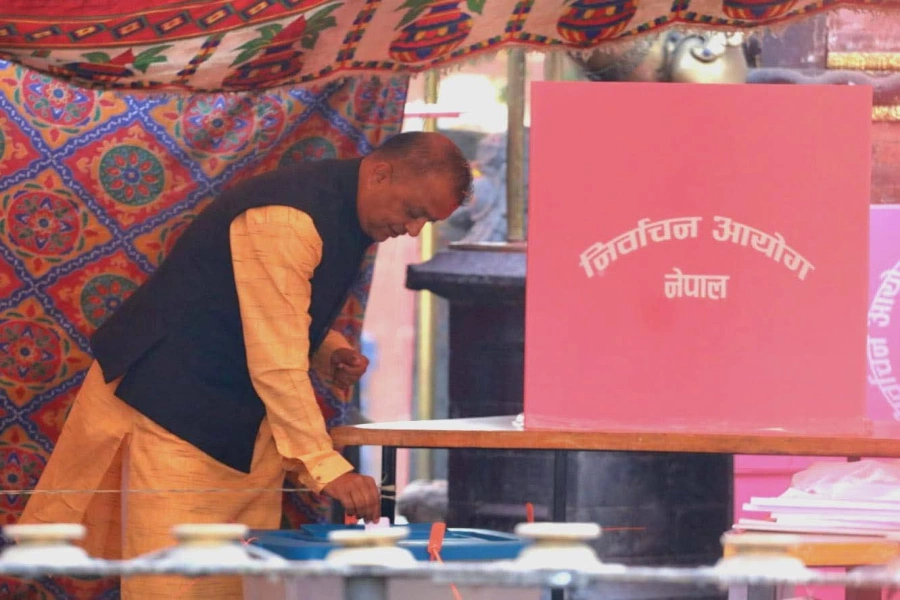KATHMANDU, Feb 20: The National Planning Commission (NPC) has set a budget ceiling of Rs 1.9 trillion for the upcoming Fiscal Year (FY) 2025/26.
The NPC recommended the Ministry of Finance (MoF) to set an expenditure ceiling of around Rs 1.9 trillion based on initial resource estimates. According to the MoF officials, the NPC submitted the budget estimate report to the ministry on Tuesday. As per the provision in the Constitution, the government will have to announce its detailed annual financial plan for the next fiscal year on Jestha 15 (May 29) of the Nepali year.
The National Resource Estimates Committee (NREC) under the NPC provides a budget ceiling to the government every year. The aim of the budget ceiling is to ensure compatibility of the annual budget with the periodic plan while sustaining financial stability and fostering economic growth.
Govt’s income-expenditure: Budget spending hits Rs 1.523 trilli...

According to the law, the NREC must fix the ceiling of the budget for the next fiscal year by mid-February every year. The government must not breach the limit given by the authority under the NPC. However, it is not being implemented in practice.
The government initially expresses its commitment to remain within the NPC provided ceiling. However, it ends up bringing forth an inflated budget with a number of unrealistic and populous programs. While the government bodies including various ministries are also found lacking sufficient homework before presenting their proposals at the MoF, political figures also exert pressure on the government to include unrealistic programs to accomplish their vested interests.
For the current FY, the NPC had set a ceiling of Rs 1.800 trillion, while the then Finance Minister Barsha Man Pun announced a budget of Rs 1.860 trillion. In 2023/24, Finance Minister Prakash Sharan Mahat had announced a budget of Rs 1.751 trillion even though the NPC had set a ceiling of Rs 1.688 trillion.
It has become a perennial practice to announce a big-size budget and later downsize it due to the government’s failure to spend the budget. This year too, the government through the mid-term review reduced the budget size to Rs 1.692 trillion, Rs 168 billion less than the initially-announced budget.
Economists say the exorbitant revenue collection target and unrealistic projection of economic growth build unnecessary pressure on the overall economy including the private sector, which could decelerate economic activities rather than help them flourish. According to Professor Ram Prasad Gyanwali, an economist and former head at the Central Department of Economics, TU, such practices could invite instability in the economy.

















-1200x560-1772642762.webp)





















